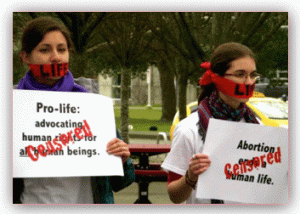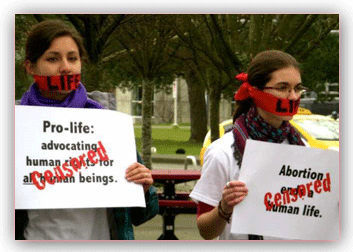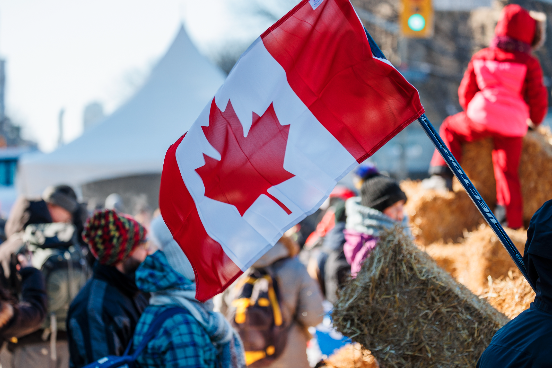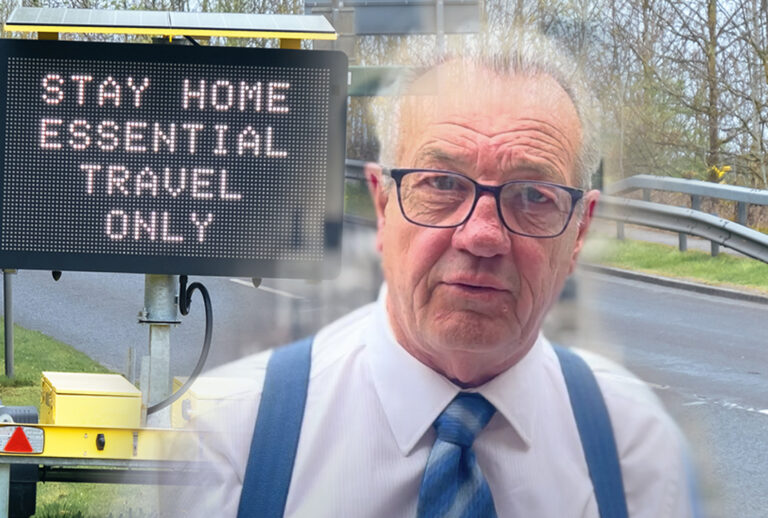 JCCF has been granted intervener status in the B.C. Court of Appeal, on behalf of campus free speech rights, in the case of BC Civil Liberties Association v. University of Victoria.
JCCF has been granted intervener status in the B.C. Court of Appeal, on behalf of campus free speech rights, in the case of BC Civil Liberties Association v. University of Victoria.
This case arose in 2013, when the U-Vic pro-life student club Youth Protecting Youth (YPY) was granted approval by the university administration to conduct a small, peaceful demonstration on campus, involving students holding pro-life signs, handing out pamphlets, and engaging fellow students in conversation. The day prior to this YPY event, club president Cam Cote received a call from the University administration informing him that approval had been withdrawn, such that YPY could not proceed with expressing its opinions on campus.
This 11th-hour reversal was the result of opposition from the University of Victoria Student Society (UVSS). The student union’s complaints to the University administration boil down to complaints about the content of YPY’s beliefs and expression. There were no complaints of any YPY member having engaged in misconduct, inappropriate behaviour, or violating university rules and policies. The complaint was directed purely at YPY’s message and opinions.
Prior to 2013, the student union (UVSS) had a long track record of censoring YPY. The tactics used by UVSS have included denying or removing club status from YPY; withholding funding from YPY (while funding all other campus groups); preventing YPY from advertising its events; and filing complaints against YPY for “harassment” based solely on YPY’s beliefs and expression (and not based on any harassing behaviour or misconduct on the part of YPY members).
The censorship methods of UVSS are, unfortunately, used by many student unions, from Victoria, BC to St. John’s, Newfoundland. What is arguably worse in this case is that the U-Vic administration abdicated its own responsibility to uphold free speech rights on campus, and instead chose to follow the dictates of the student union.
In support of free expression rights, the BC Civil Liberties Association and YPY president Cam Cote took the University of Victoria to court. They lost in the Supreme Court of British Columbia, which ruled that the Canadian Charter of Rights and Freedoms does not apply to public universities, and that the university’s decision fell within its “autonomous operational decision-making”. Cam Cote and the BC Civil Liberties Association are now appealing before the BC Court of Appeal. As an intervener is the appeal, JCCF will argue that the University of Victoria’s decision was unreasonable, and that the University does not have unfettered discretion to censor the peaceful expression of opinion on campus, even if the University is not a “government” body and not subject to the Charter. The JCCF will argue that U-Vic is a public body, subject to administrative law principles, including the requirement to give great weight to the free expression rights of all students, and all opinions.








